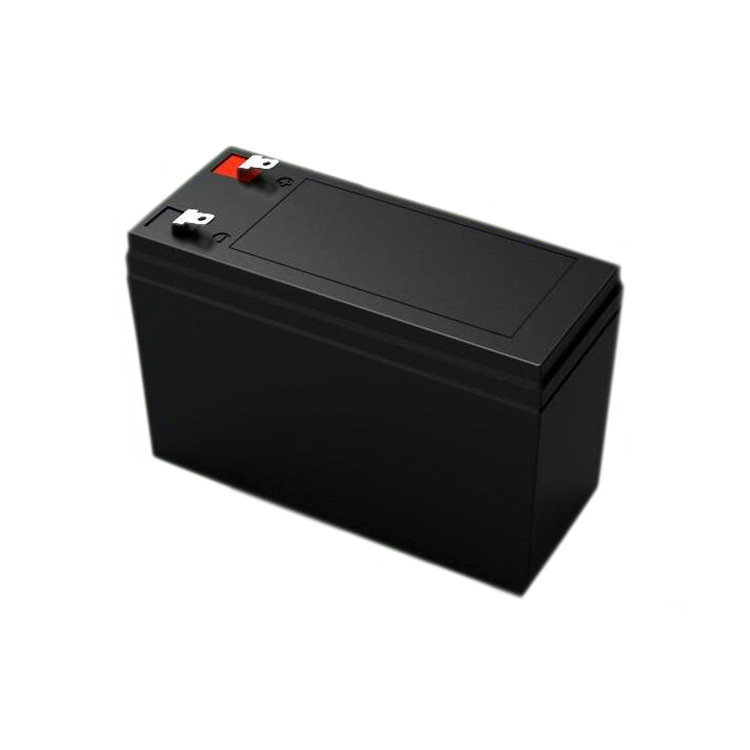Views: 8 Author: Site Editor Publish Time: 2021-09-14 Origin: Site

The deformation of the battery is not sudden, it is often a process. The battery enters the high-voltage charging zone when it is charged to about 80% of its capacity. At this time, oxygen is first precipitated at the positive electrode, and the central enterprise reaches the negative electrode through the holes in the separator, and the oxygen resurrection reaction is carried out on the negative plate.
Heat is generated during this reaction. When the charging capacity reaches 90%, the rate of oxygen generation increases, and the negative electrode starts to produce hydrogen. The increase of a large amount of gas causes the internal pressure of the battery to exceed the valve opening pressure, the safety valve opens, and the gas escapes, which eventually turns into water loss.
As the number of battery cycles increases, the moisture decreases gradually, resulting in the following conditions in the battery:
1. The oxygen "channel" becomes unblocked. The oxygen generated by the positive electrode can easily reach the negative electrode through the "channel".
2. The heat capacity is reduced. The largest heat capacity in the battery is water. After the water is lost, the heat capacity of the battery is greatly reduced, and the heat generated makes the temperature of the battery rise quickly.
3. Due to the shrinkage of the ultra-fine glass fiber separator in the battery after the loss of water, the adhesion between the positive and negative plates becomes worse, the internal resistance becomes larger, and the heat generation during charging and discharging increases.
After the above process, the heat generated inside the battery can only be dissipated through the battery slot. If the heat dissipation is less than the calorific value, the temperature rises, which reduces the overpotential of the battery gassing and increases the gassing capacity. A large amount of oxygen in the positive electrode passes through the "channel" and reacts on the negative surface, emitting a large amount of heat to make the temperature rise rapidly. The formation of a vicious circle leads to "thermal runaway" and deformation.
How to inspect and handle of faults?
1. Check the deformation of all batteries first. At the same time, testing instruments can be used to measure the performance of other batteries and see if there are abnormal data.
2. If only one battery is deformed or out of air. First charge and discharge the battery alone (repeatedly 2-3 times), and then measure its performance with a testing instrument.
3. If several batteries are deformed at the same time. Do a voltage check first. If the voltage is basically normal, you need to measure a single voltage to determine whether it is short-circuited.
No short circuit means that the deformation is caused by "thermal runaway" caused by overcharging. Should focus on checking the charging parameters of the charger. If the voltage is too high and there is no overcharge protection or the trickle conversion current is too low, the charger must be replaced.
Is the battery deformed and bulging still usable?
Please contact the technical staff to check the condition of the battery for specific conditions. Remember to operate privately under non-professional premises.